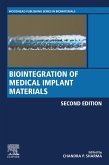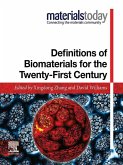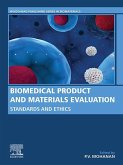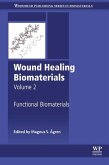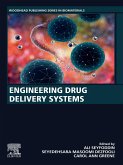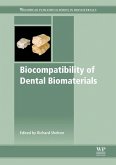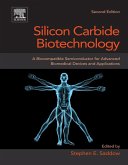Oxidative Stress and Biomaterials provides readers with the latest information on biomaterials and the oxidative stress that can pose an especially troubling challenge to their biocompatibility, especially given the fact that, at the cellular level, the tissue environment is a harsh landscape of precipitating proteins, infiltrating leukocytes, released oxidants, and fluctuations of pH which, even with the slightest shift in stasis, can induce a perpetual state of chronic inflammation.
No material is 100% non-inflammatory, non-toxic, non-teratogenic, non-carcinogenic, non-thrombogenic, and non-immunogenic in all biological settings and situations.
In this embattled terrain, the most we can hope for from the biomaterials we design is a type of "meso-compatibility,¿ a material which can remain functional and benign for as long as required without succumbing to this cellular onslaught and inducing a local inflammatory reaction.
- Explores the challenges of designing and using biomaterials in order to minimize oxidative stress, reducing patterns of chronic inflammation and cell death
- Brings together the two fields of biomaterials and the biology of oxidative stress
- Provides approaches for the design of biomaterials with improved biocompatibility
Dieser Download kann aus rechtlichen Gründen nur mit Rechnungsadresse in A, B, BG, CY, CZ, D, DK, EW, E, FIN, F, GR, HR, H, IRL, I, LT, L, LR, M, NL, PL, P, R, S, SLO, SK ausgeliefert werden.



